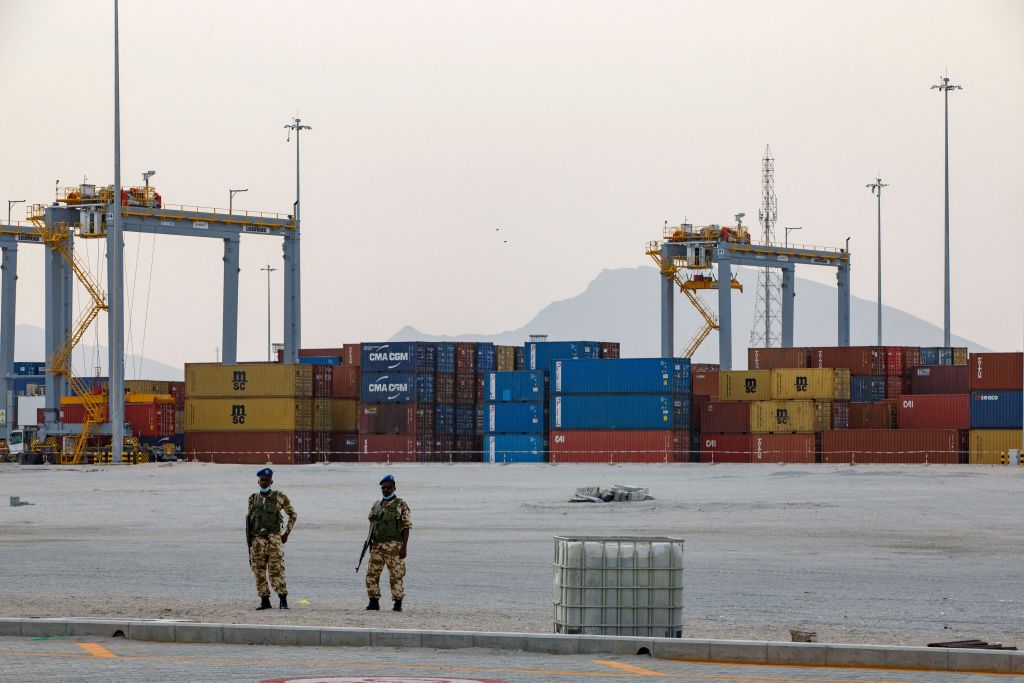ADF STAFF
Somaliland is an autonomous breakaway state in northern Somalia that has persistently pursued independence for 33 years. It has state institutions, a military, and functioning political and economic systems.
The United Kingdom granted British Somaliland independence as the State of Somaliland on June 26, 1960. The state voluntarily united with Italian Somalia to form the Somali Republic on July 1, 1960, which is considered Somalia’s Independence Day.
Somaliland’s independence lasted “only for five days,” researcher Natasha Matloob wrote for Modern Diplomacy magazine. “After that, it merged with present-day Somalia. This merger received serious backlash from many in Somaliland, as they were removed from public offices, government and military ranks.”
Somaliland still seeks its own independence day.
“Arguably, the most pivotal factor inhibiting recognition from African nations is the African Union’s unwavering commitment to preserving the continent’s colonial borders,” Matloob wrote.
“The AU’s stance is rooted in the concern that altering these borders could trigger unforeseeable secessionist movements across the entire continent, potentially leading to unpredictable geopolitical dynamics.”
The issue of Somaliland statehood came into greater focus when it signed an agreement to lease 20 kilometers of coastal land to landlocked Ethiopia on January 1.
“This deal landed like a thunderbolt on New Year’s Day,” Crisis Group’s Africa Director Murithi Mutiga said during a February 3 episode of the group’s Hold Your Fire podcast. “It has been handled quite clumsily.”
Aleksi Ylönen, a professor at the Nairobi-based United States International University-Africa, who has studied Somaliland’s quest for independence, said the breakaway state’s relationship with Somalia is complicated.
“It’s turbulent,” he told The Conversation Africa website. “Negotiations over their relationship have taken place from time to time since 2012, with little progress. Ethiopia-Somaliland ties have been strong for decades.”
However, the port access deal with Ethiopia, he said, “has set back relations between Somaliland and Somalia even further.”
The same can be said for Somalia’s relations with Ethiopia, which has a history of border disputes and regional military conflicts.
When Ethiopian Prime Minister Abiy Ahmed and Somaliland President Muse Bihi Abdi announced and signed the port access deal, it outraged sidelined Somali leaders and triggered fears of regional war in the already unstable Horn of Africa.
Authorities in Mogadishu declared the deal “null and void” and a sign of Ethiopian “aggression” toward Somalia. The deal evoked swift rebukes from nearly all neighboring countries and regional and international organizations.
The lease agreement, which has not been made public, includes Somaliland getting an unspecified stake in Ethiopian Airlines or EthioTelecom. But the primary motivation for Somaliland was Ethiopia’s promise to assess and seriously consider Somaliland’s goal of international recognition.
“This would make Ethiopia the first United Nations member state to recognize it,” Ylönen said. “It would give Somaliland what it wants most. Recognition would help open doors for international public financing and raise Somaliland’s status in the region.”
Ethiopia published a statement saying that the government has yet to formally recognize statehood, but Somaliland authorities insist that recognition already has been settled. Ethiopian officials, including Ministry of Foreign Affairs official Mesganu Arga and national security advisor Redwan Hussein, have appeared to support Somaliland’s interpretation of the deal.
“The agreement is mutually beneficial, and Ethiopia will share military and intelligence experience with Somaliland, so the two states can collaborate on protecting joint interests,” Hussein said during the January 1 signing of the agreement. “To facilitate this, Ethiopia will establish a military base in Somaliland as well as a commercial maritime zone.”
The prospect of military cooperation between Ethiopia and Somaliland no doubt unnerves Somalia’s government leaders, which is why Somaliland’s quest for recognition, the ambition and objective sought by its leaders for more than three decades, continues today with even greater uncertainty.
“Most states, including great and middle powers, fear that recognizing Somaliland could be destabilizing,” Ylönen said. “They have opted to support unity and peace and state-building of federal Somalia.”

